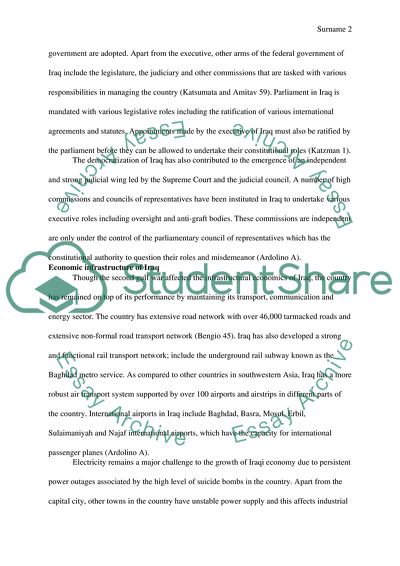Cite this document
(Iraq as One of the Most Significant country in the Persian Gulf Essay, n.d.)
Iraq as One of the Most Significant country in the Persian Gulf Essay. https://studentshare.org/geography/1857470-writer-choose
Iraq as One of the Most Significant country in the Persian Gulf Essay. https://studentshare.org/geography/1857470-writer-choose
(Iraq As One of the Most Significant Country in the Persian Gulf Essay)
Iraq As One of the Most Significant Country in the Persian Gulf Essay. https://studentshare.org/geography/1857470-writer-choose.
Iraq As One of the Most Significant Country in the Persian Gulf Essay. https://studentshare.org/geography/1857470-writer-choose.
“Iraq As One of the Most Significant Country in the Persian Gulf Essay”. https://studentshare.org/geography/1857470-writer-choose.


